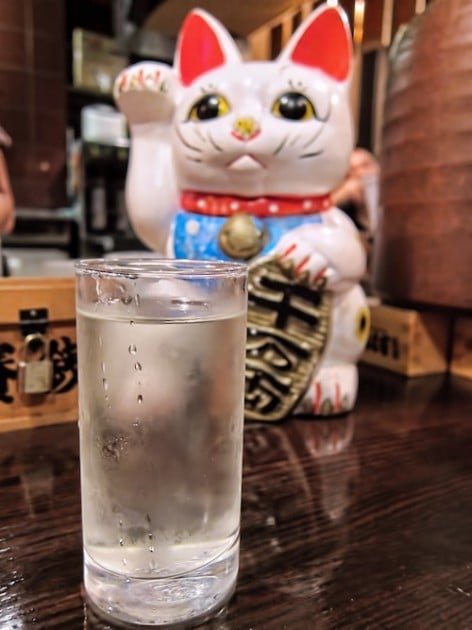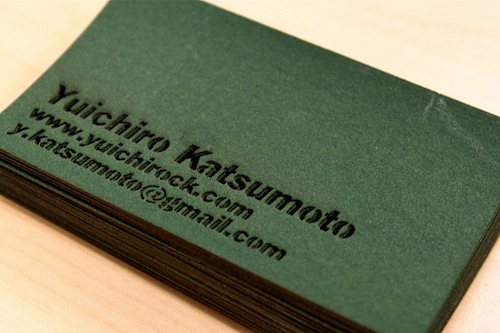5 Japanese Expressions to Know Before Your Trip to Japan
In Japanese culture, motivation and commitment are some of the most highly valued traits a person can have and, as a foreigner, you will do well to apply them to learning the Japanese language as well. Of course there are many useful aspects to language learning which extend far outside your classroom grammar, and just as slang can be monumentally useful for cementing a foreign tongue, learning local expressions will help ease your transition into Japan’s fascinating culture. So before you head off to the Land of the Rising Sun, check out these 5 important Japanese expressions to know and use:
1. よろしくお願いします (yoroshiku onegaishimasu)
According to many a foreign expat, this phrase is the golden ticket to getting stellar treatment in Japan. Although there is no direct translation of the phrase, it is basically like saying ‘please’ and ‘thank you’ all in one go. The closest English equivalent would be something like: “Please treat me well, thank you.”
 Image via PhotoPin
Image via PhotoPin
2. 恐縮ですが (kyoushuku desu ga)
You will get things done more quickly and efficiently if you buy into Japan’s polite culture from the start. After all, when you communicate the right way people will have a hard time turning you down! The basic meaning of this phrase is “to fear causing any unpleasant feelings” but can also translate to mean: “I’m very sorry to trouble you…”
3. 私の名前は (watashi no namae wa…)
This is a phrase you should use when handing out your business card or introducing yourself in formal situations. It is basically an upscale way of saying: “My name is…” Don’t forget, of course, that when you are introducing yourself and handing your card to someone, it is culturally inappropriate to do so with just one hand. Be sure to use two hands to present it!
 Image via PhotoPin
Image via PhotoPin
4. がんばって (ganbatte) /がんばります (ganbarimasu)
These two phrases are a great way to encourage others and also show your own motivation. Ganbatte translates as “Do your best” while Ganbarimasu is a formal way to say “I will do my best.” You’ll be surprised how often these two phrases are used in daily conversations in Japan!
5. 初めまして (hajimemashite)
Hajimemashite can literally be translated as “it is a beginning” but is used when you are meeting people for the first time. The English equivalent would most likely be “nice to meet you,” so use it accordingly! However, be sure to remember that it’s only appropriate for first meetings, there is no need to put it to use in other situations.
 Image via PhotoPin
Image via PhotoPin
Even if you do learn all the right phrases and expressions, you won’t make a stellar impression without the proper Japanese language skills. Learning the language need not be a chore as long as you do it the right way, so be sure to sign up for some top-tier language classes and keep what you learn fresh with free online placement tests. As long as you have the right foundation and you keep in mind these key Japanese expressions, you’ll be ready to impress in the boardroom and beyond!
